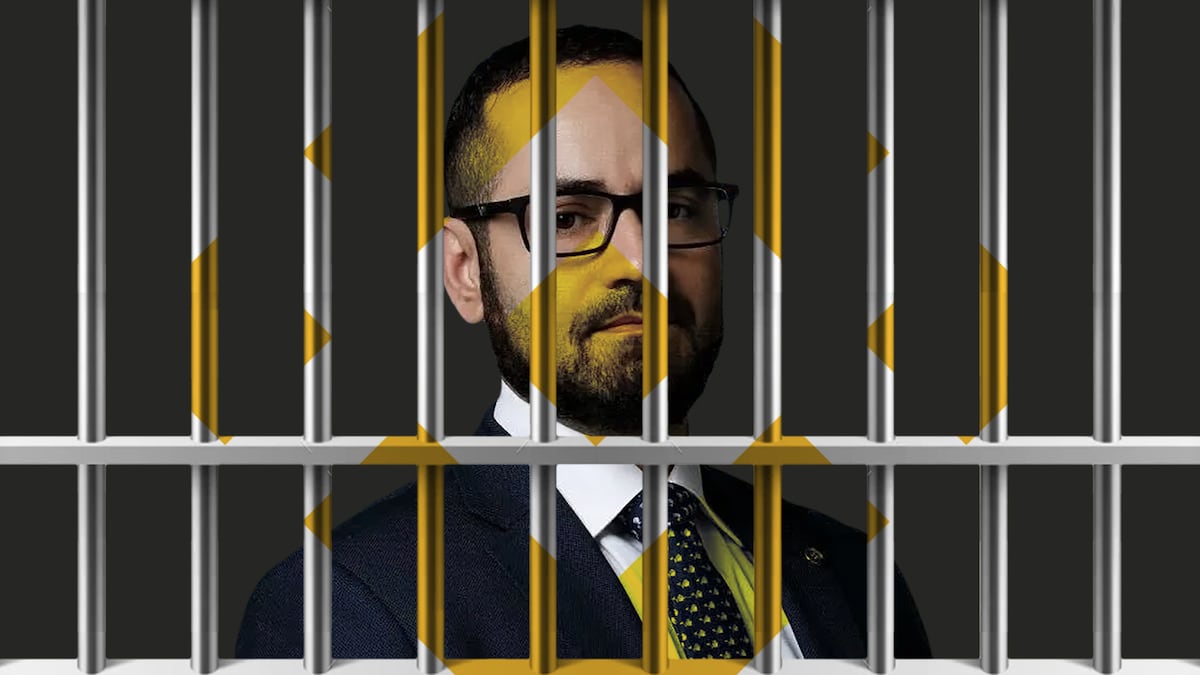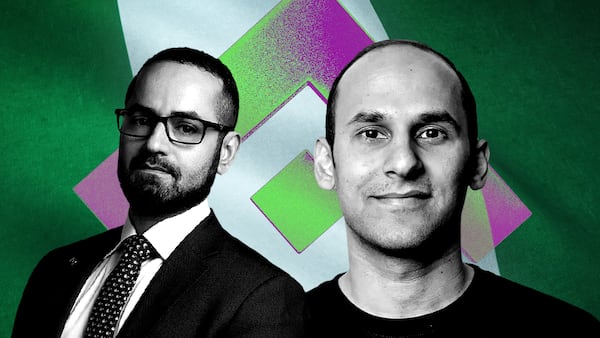- The prosecution’s witness said the central bank did not licence Binance.
- Nigerian officials say crypto peer-to-peer trading is akin to forex trading.
- Judge angrily orders the prosecution to obey a court order.
Nigerian prosecutors have charged Binance and its jailed executive Tigran Gambaryan with money laundering. But in testimony at trial on Friday, lawyers made a simpler argument — Binance was operating unlawfully in the African nation.
In testimony in Abuja, Olubukola Akinwunmi, the head of payments policy and regulation at Nigeria’s central bank, said that Binance should not have been helping Nigerians trade cryptocurrencies, according to court proceedings monitored by DL News.
“The Central Bank of Nigeria did not issue any licence to Binance,” Akinwunmi said in response to questions posed by lawyers for the Economic and Financial Crimes Commission, the agency prosecuting Gambaryan and Binance.
The point is important because Nigerian officials have said Binance was facilitating illicit transactions in its online exchange.
They have also charged Gambaryan, Binance’s US-based compliance executive, as a representative of the firm.
Both Gambaryan and Binance deny the charges. And the lawyer for Gambaryan, who has been incarcerated in Nigeria since February and is suffering from malaria, has decried the prosecution as “state-sponsored hostage taking.”
Swapping naira
In court, Akinwunmi said that Binance’s peer-to-peer trading service could be used to swap naira for other fiat currencies, thus making it a money brokerage platform.
“That kind of service requires authorisation by the Central Bank of Nigeria, either as an authorised giver or as a bureau de change,” Akinwunmi testified.
Binance’s P2P trading platform is available in numerous countries around the world and users can swap digital versions of national currencies for US dollar stablecoins like Tether USDT and Circle’s USDC.
Akinwunmi also said Binance allowed pseudonymous entities to trade on its P2P platform.
Binance, however, mandates strict customer identity verification for Nigerian users. Nigerians couldn’t trade on Binance without providing local banking details and government-issued identity documents.
Binance has since discontinued its services for Nigerian users, leaving the company’s estimated 13 million users in the country scrambling for alternative platforms.
Gambaryan’s test results
Gambaryan’s health status also became a talking point during today’s trial.
The Binance executive has been incarcerated at Kuje Prison since April 8 and has suffered malaria and pneumonia. He even collapsed during the start of the trial in May.
The trial judge Justice Emeka Nwite previously directed prison officials to hospitalise Gambaryan for proper medical attention.
That directive was largely ignored as prison officials only took Gambaryan for tests at a hospital almost two weeks after the fact but have so far refused to release the results to Gambaryan’s lawyers.
On Friday, Justice Nwite chided the prosecution and prison officials for ignoring his order to present Gambaryan’s medical test report to the defendant’s representatives.
Utmost disdain
“You are treating my order with utmost disdain [and] I will not take it lightly if you fail to produce [the test results] at the next adjourned date, 16th July,” Justice Nwite said.
Meanwhile, Nigerian prison officials refuted claims of maltreating Gambaryan saying the Binance executive isn’t “under any serious health condition.”
Justice Nwite adjourned the trial to July 16.
Osato Avan-Nomayo is our Nigeria-based DeFi correspondent. He covers DeFi and tech. To share tips or information about stories, please contact him at osato@dlnews.com.






